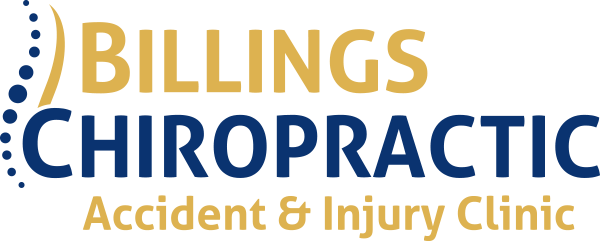Amidst the fast-paced nature of contemporary life, auto accidents can occur unexpectedly. Such incidents frequently give rise to a multitude of questions. At Billings Chiropractic Accident and Injury Clinic, we frequently address a common inquiry: Can individuals drive your car if they aren’t included in your insurance policy? As specialists in auto accident injuries, we recognize the significance of these legal and insurance-related concerns.
Understanding Auto Insurance Coverage on Your Car
Auto insurance aims to safeguard both the vehicle owner and other parties engaged in an accident. In terms of coverage, insurance policies generally trail the vehicle, not the driver. This implies that, if you allow borrowing, your insurance may extend coverage to them in some cases. But it’s crucial to be cognizant of specific subtleties and constraints.

What is Permissive Use in Regards to Auto Insurance?
When considering whether someone not on your insurance can drive your car, the concept of “permissive use” becomes crucial. Permissive use involves situations where you allow someone else to operate your vehicle, even if they’re not listed on your insurance policy. Policies generally cover permissive-use drivers if they meet specific criteria. Here’s what you should bear in mind:
- Relationship Matters: Insurance companies generally assume that close family members living in the same household have permission to use your vehicle. This means family members who share your address may be covered even if not explicitly listed on your policy.
- Friends and Extended Family: If a friend or a relative not living with you asks to borrow your car on occasion, your insurance policy might still cover them. However, there could be limitations, such as regular use that may raise concerns with your insurer.
- Unauthorized Use: If someone takes your car without your permission, insurance coverage becomes more complicated. In cases of theft or unauthorized use, the coverage may vary depending on the circumstances and the specifics of your policy.
- Non-Permissive Use: Some insurance policies contain clauses that exclude coverage for drivers who use the vehicle without permission or for criminal purposes. It’s essential to review your policy to understand its terms and conditions.
Consult Your Insurance Provider for More Information
The realm of insurance holds intricacies, with policies that can vary extensively based on your provider, location, and coverage choices. To acquire a precise comprehension of how your insurance manages permissive use and coverage for drivers absent from your policy’s list, it’s prudent to directly engage your insurance provider. They can show your policy’s specifics and highlight potential constraints. They can also steer you toward the most suitable course of action.
At Billings Chiropractic we dedicate ourselves to providing chiropractic care for auto accident injuries. We also offer valuable information to empower individuals during challenging times. Permissive use might allow someone not on your insurance to drive your car. Familiarize with policy terms and consult for guidance. Keep in mind that staying informed and prepared can significantly alter the outcome when navigating the aftermath of an auto accident. If you sustain injuries in a car accident, make sure to visit our Auto Injury Center for the necessary care.
